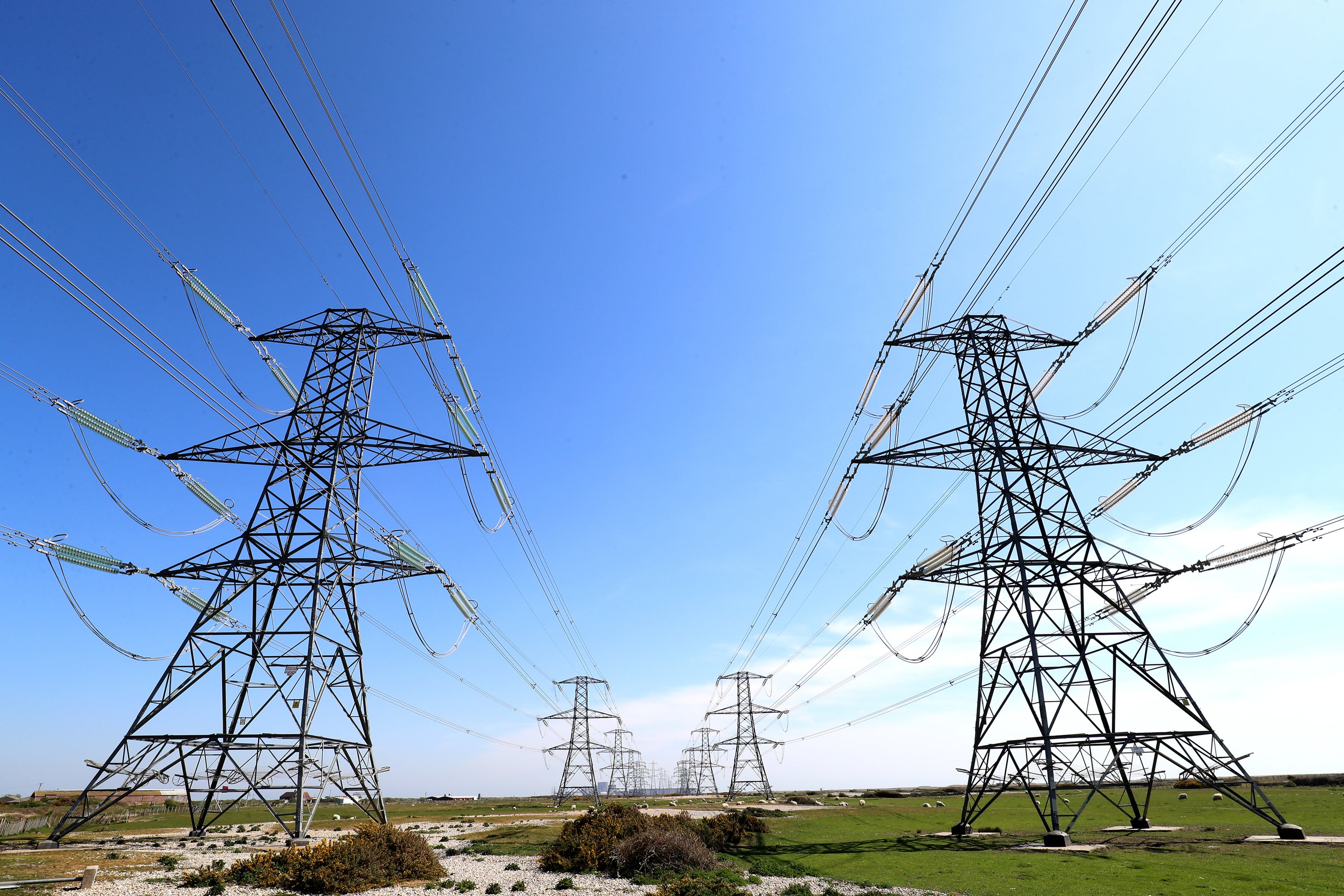What to expect if Bulb is your energy supplier
Bulb will continue to trade as usual, at least for now, so customers can keep using their gas and electricity as normal.

Your support helps us to tell the story
From reproductive rights to climate change to Big Tech, The Independent is on the ground when the story is developing. Whether it's investigating the financials of Elon Musk's pro-Trump PAC or producing our latest documentary, 'The A Word', which shines a light on the American women fighting for reproductive rights, we know how important it is to parse out the facts from the messaging.
At such a critical moment in US history, we need reporters on the ground. Your donation allows us to keep sending journalists to speak to both sides of the story.
The Independent is trusted by Americans across the entire political spectrum. And unlike many other quality news outlets, we choose not to lock Americans out of our reporting and analysis with paywalls. We believe quality journalism should be available to everyone, paid for by those who can afford it.
Your support makes all the difference.Officials are having to step up for the 22nd time in just three months to help customers of a struggling energy supplier.
But Bulb Energy has not folded in the same way as the other 21 suppliers that collapsed recently, meaning its 1.7 million customers will have a different experience to the two million others who have been impacted.
So what happens with your bills and your credit balance, and are more suppliers close to collapse?
– Will I get a new supplier?
No, Bulb will continue to trade, and will continue to supply all of the customers it currently supplies, unless they decide to leave themselves.
You are unlikely to really notice any difference, at least for the time being.
In the long run, Bulb might sell some or all of its customers to a new supplier, or find someone who wants to buy its business, and this might impact you.– I’m in credit with Bulb, will I get my money back?
Yes, your balance with Bulb, whether you owe them money, or they owe you money, will be protected as usual.
If you switch supplier – which may not be advisable, more on that later – you and Bulb will settle your bills with each other, depending on who owes who.
Many customers are likely to be a few hundred pounds in credit at the moment because energy suppliers often keep bills a little higher during the summer, to prepare for the winter months when households need more energy.
– Should I switch to a new supplier?
There’s nothing stopping you from switching, but it might not be advisable. With Bulb you will be protected by the cap on energy prices, and there are no better deals anywhere else on the market.
But if you want to switch, you still can.
– How will Bulb be different from other failed suppliers?
Bulb will still continue to operate as a business, at least for the time being.
Customers who were with one of the other 21 failed suppliers were transferred to a new supplier, but if you are with Bulb you will stay with Bulb.
This is because Bulb had so many customers that it would be very difficult, time consuming and expensive for another supplier to take them all on.
Officials will therefore use a different process, which involves appointing an administrator to take over running the company.
– Will staff lose their jobs?
We do not know yet, decisions on staffing and how to run the business will be made by the administrator when they are appointed.
– Will other suppliers collapse?
Bulb might be the biggest out of the 22 suppliers that have either folded or gone into special administration, but it is unlikely to be the last.
After the news was released on Monday, Emma Pinchbeck, who runs trade body Energy UK said: “We cannot rule out well run, financially responsible companies exiting the market – in addition to those that have already left.”
– Why are energy companies collapsing?
Simply put, the cost of gas has skyrocketed.
Bulb itself explained on Monday: “The rising energy crisis in the UK and around the world has concerned investors who can’t go ahead while wholesale prices are so high and the price cap—designed to protect customers—currently means suppliers provide energy at a significant loss.”